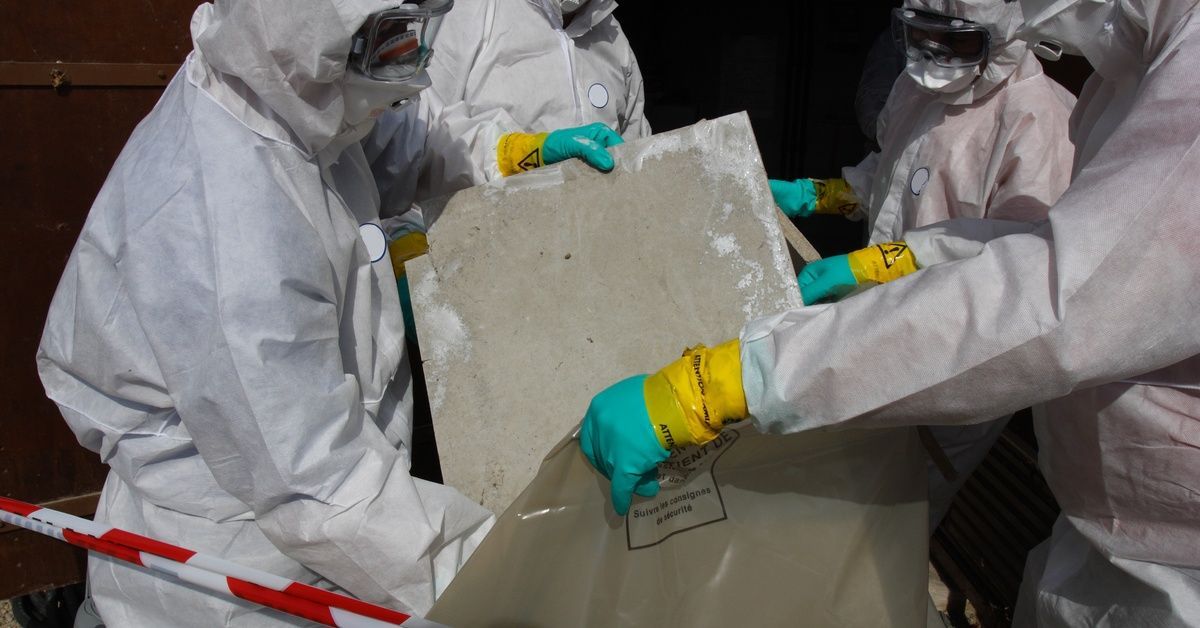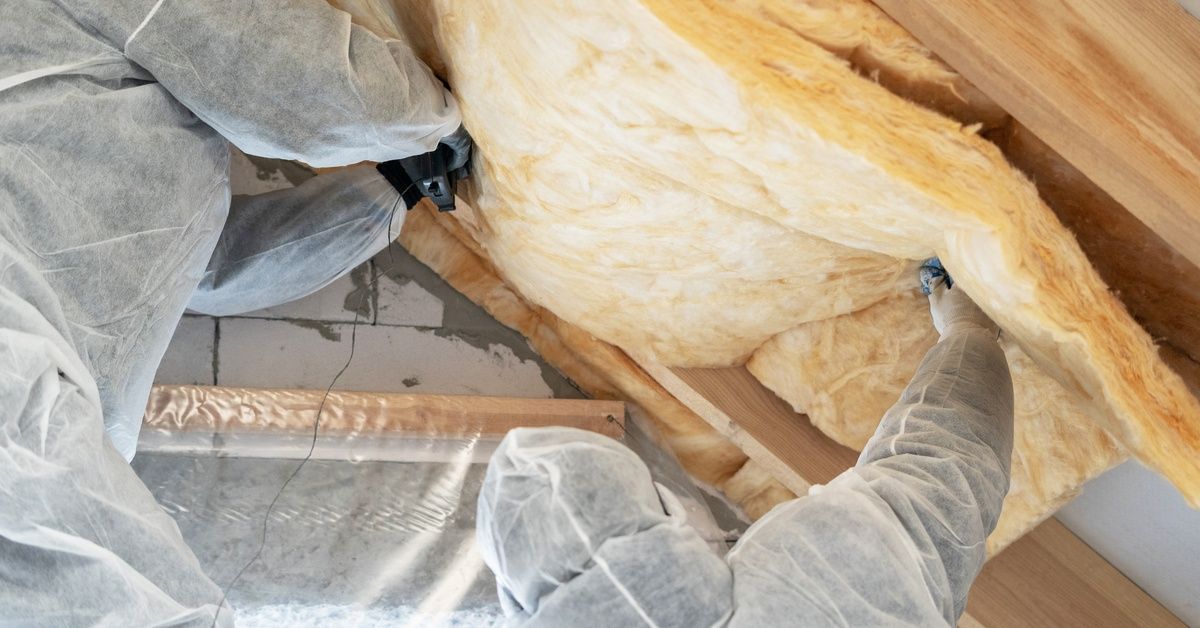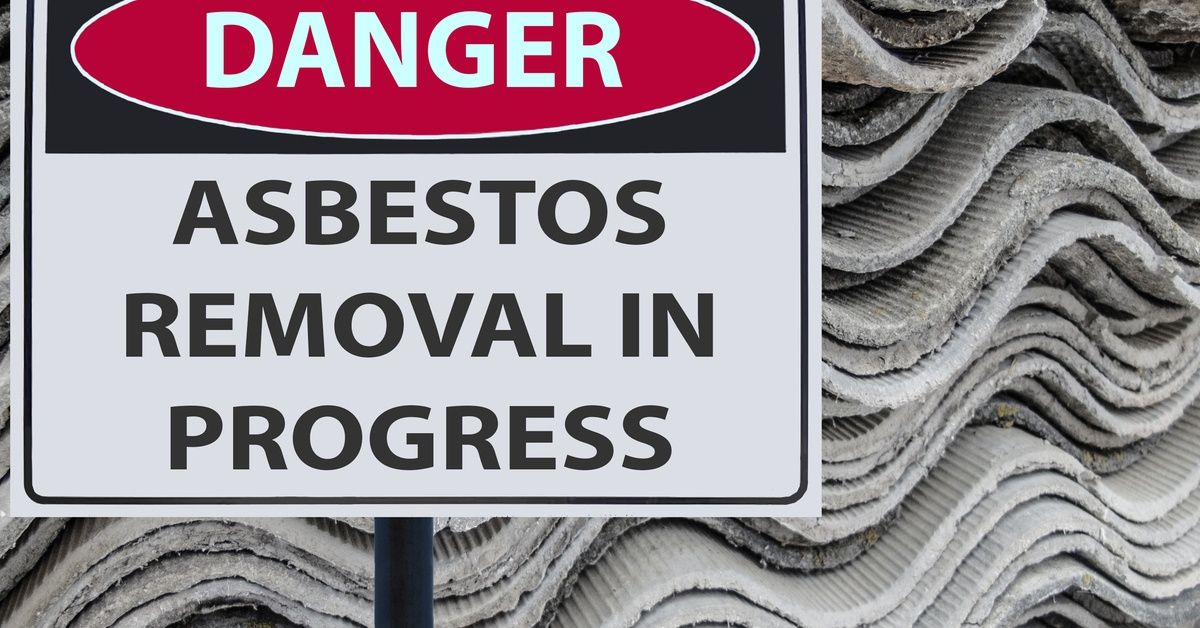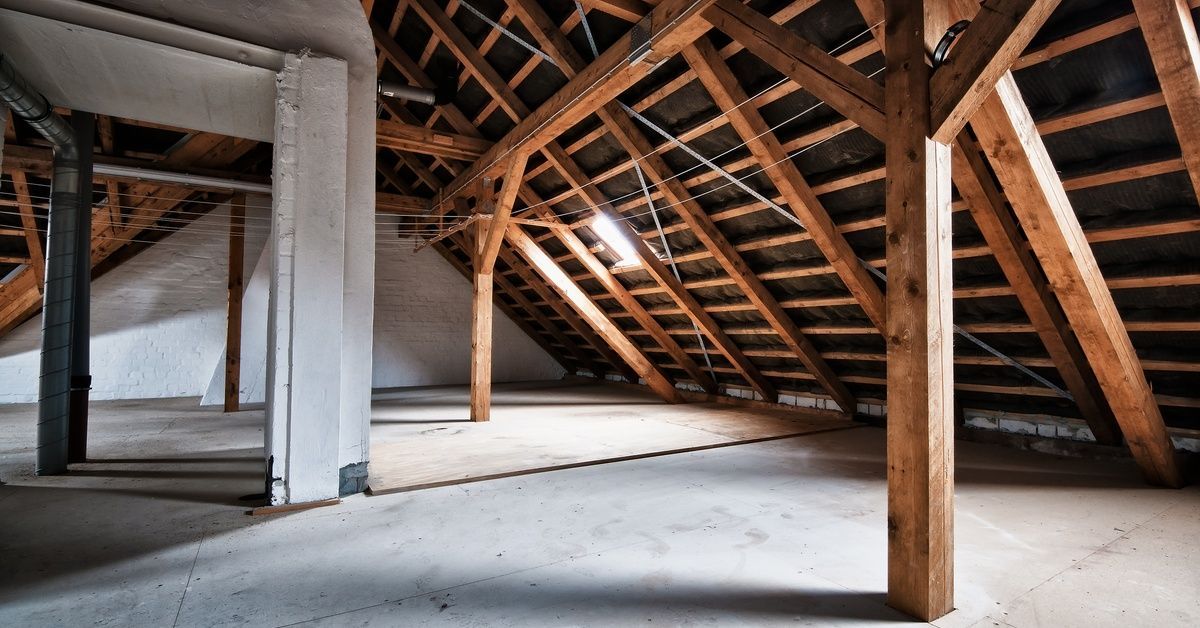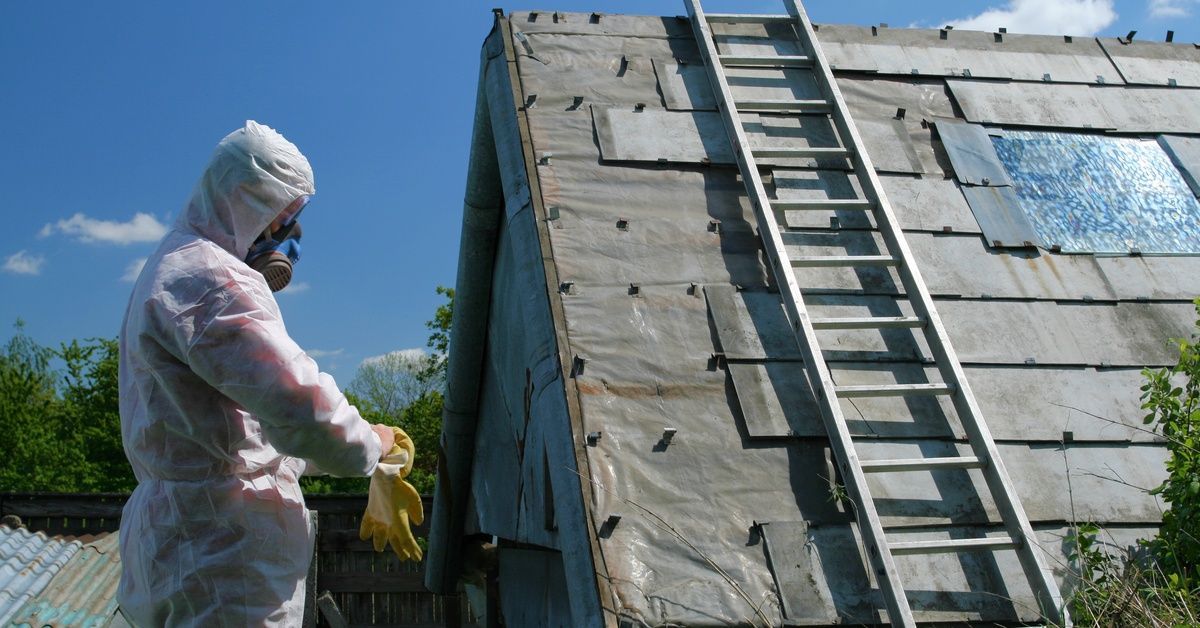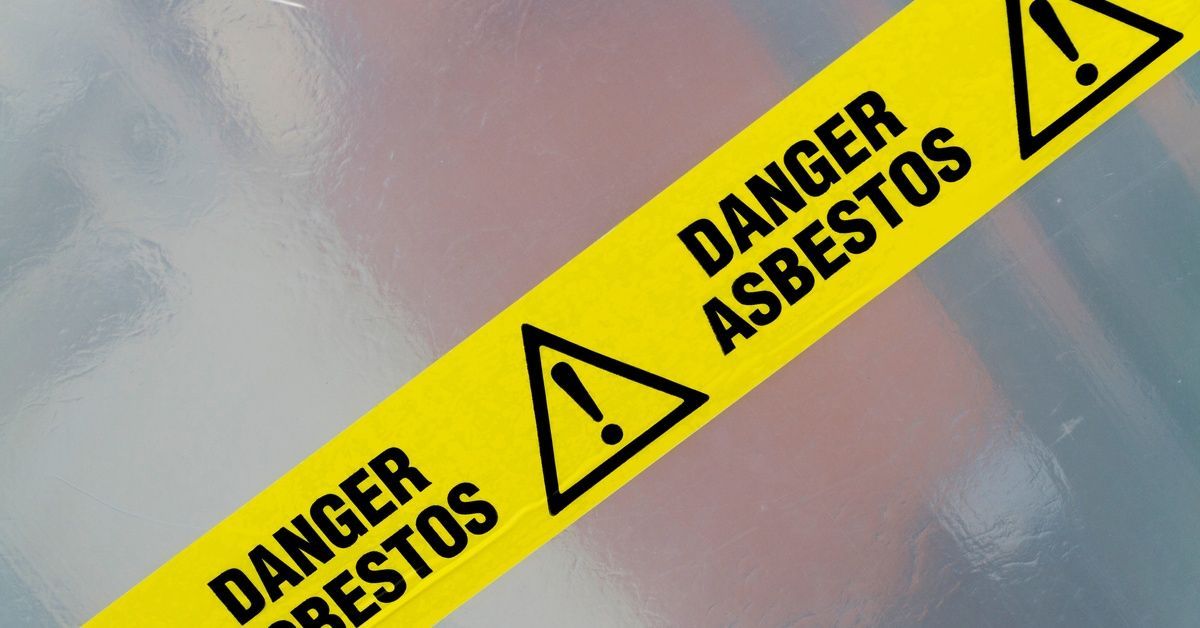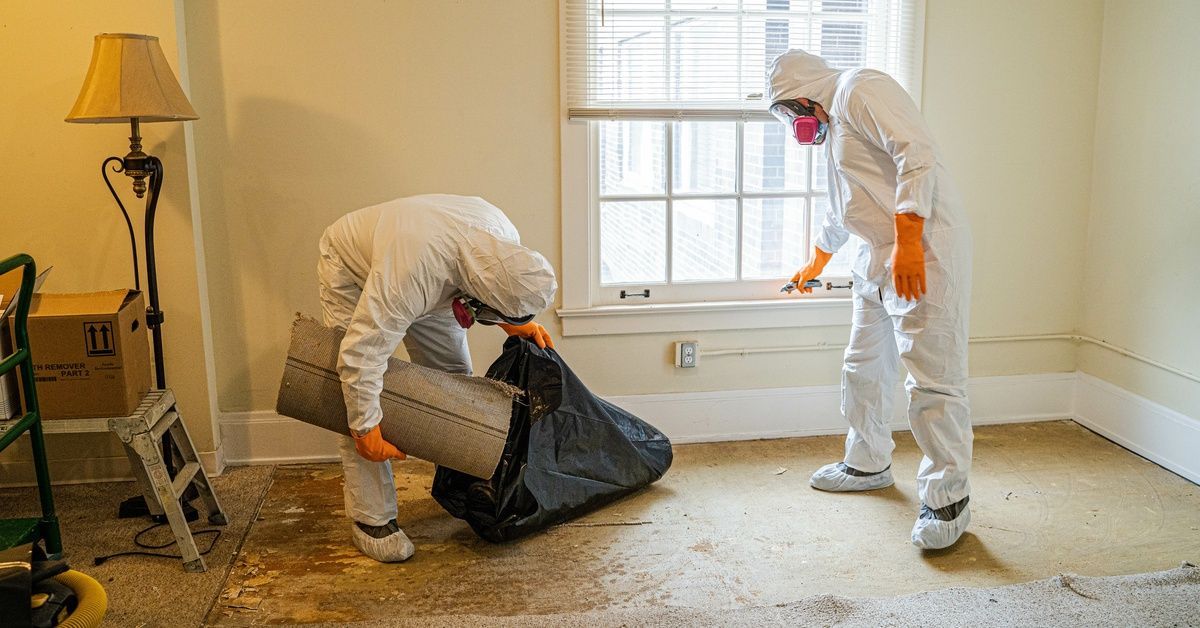Is It Possible for Asbestos To Be Recycled?
As you sort through the asbestos removal process with your professional asbestos abatement service, you may be wondering if asbestos is recyclable. To answer that, we need to take a deeper look at how asbestos is removed from a home and what happens to the asbestos afterward. So let’s find out: Is it possible for asbestos to be recycled?
Recycling Asbestos
Asbestos can go through recycling, but not in the same way we’d recycle other things, such as paper and plastic. Since this fiber contains toxins, it needs to undergo extreme heat to transition into ceramic grains or glass. Toxic asbestos strands in their original form can seep into the air and affect one’s health, but these grains or glass are actually safe to use once trained professionals have broken down the asbestos.
How Asbestos Is Recycled
For recycling companies to break down this contaminant, they first need approval from the Environmental Protection Agency. After receiving this approval, a company can go ahead and begin their process:
- A professional first removes the asbestos from the place of origin—this could be a business, a boat, a home, or elsewhere.
- The material is soaked in a bath of hydroxide and other added acids to break down the fibers.
- The mixture is then heated to temperatures surpassing 2,000 degrees Fahrenheit.
- Finally, the asbestos is broken down into glass or ceramic materials.
Benefits of Recycling Asbestos
The recycling process offers many benefits, including diminishing the risk of asbestos-borne diseases. Here’s more on the benefits of recycling asbestos.
It Saves Space
Asbestos has gone to landfills for many years. However, this isn’t the most helpful solution, especially since landfills are filling with debris faster than ever before. With the help of recycling plants, asbestos can be appropriately reused while saving room in landfills.
It Offers the Ability To Create New Products
By repurposing asbestos into glass or ceramic, manufacturers now have a purpose for the new material. Also, selling the glass brings down the cost of recycling.
It Decreases Risk of Disease
Removing asbestos from a home and repurposing it decreases the risk of asbestos-borne illness for the inhabitants of that home. Even those who use glass made from recycled strands of asbestos have no risk of developing mesothelioma or other related conditions.
As you learn about the possibilities of recycling asbestos, Air Safe, Inc. can ensure that your home doesn’t contain a trace of asbestos with our asbestos removal in Boston. Contact us here for more information on our asbestos elimination services and how we salvage asbestos.The body content of your post goes here. To edit this text, click on it and delete this default text and start typing your own or paste your own from a different source.

